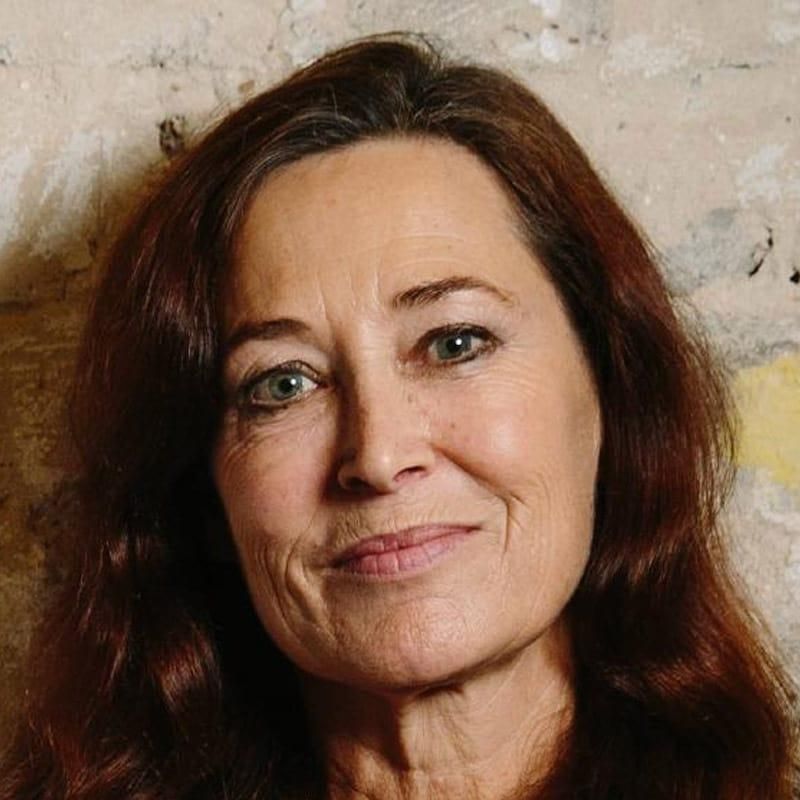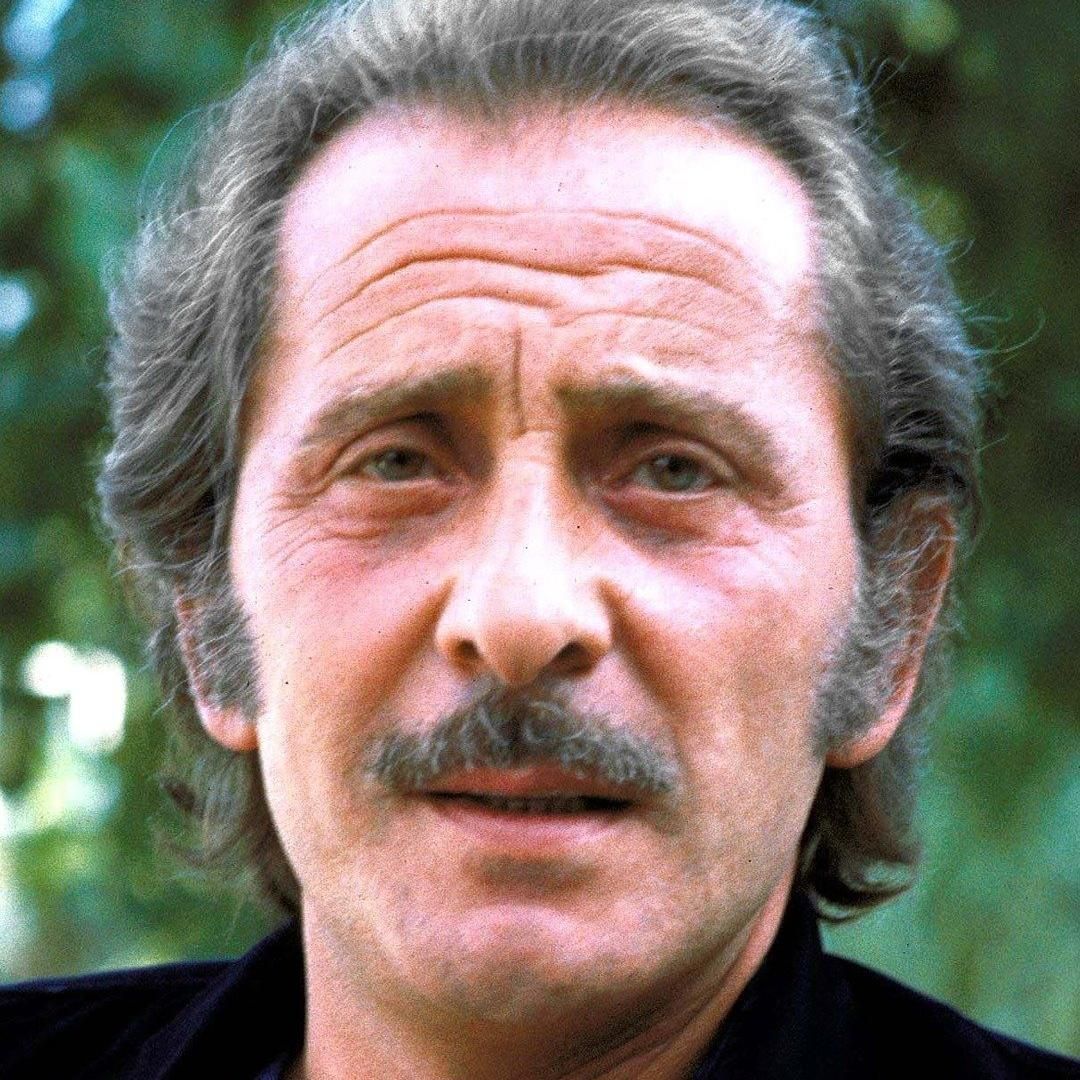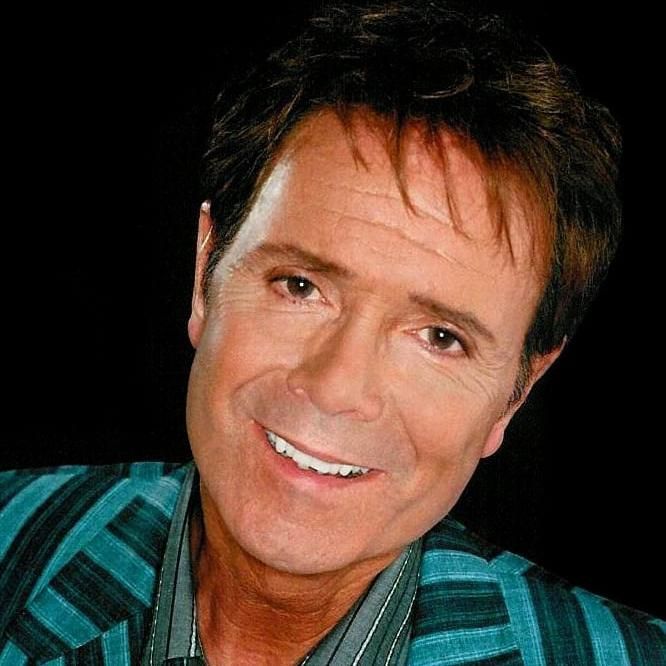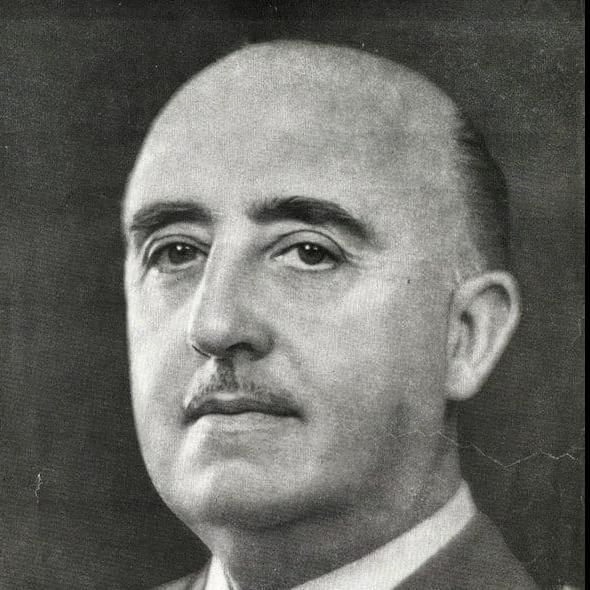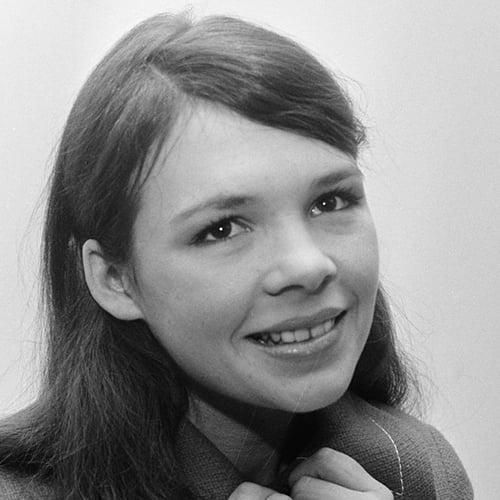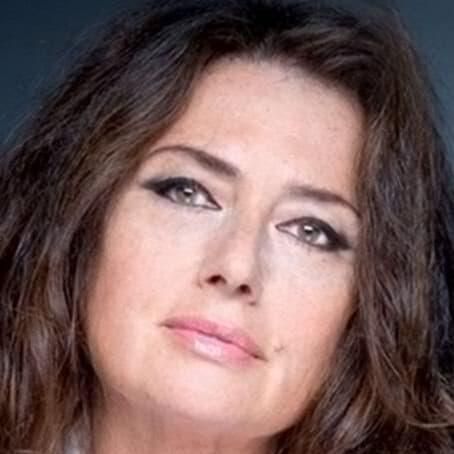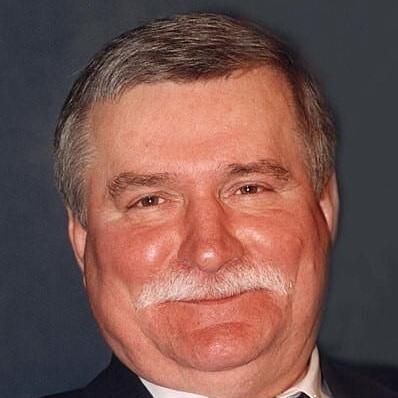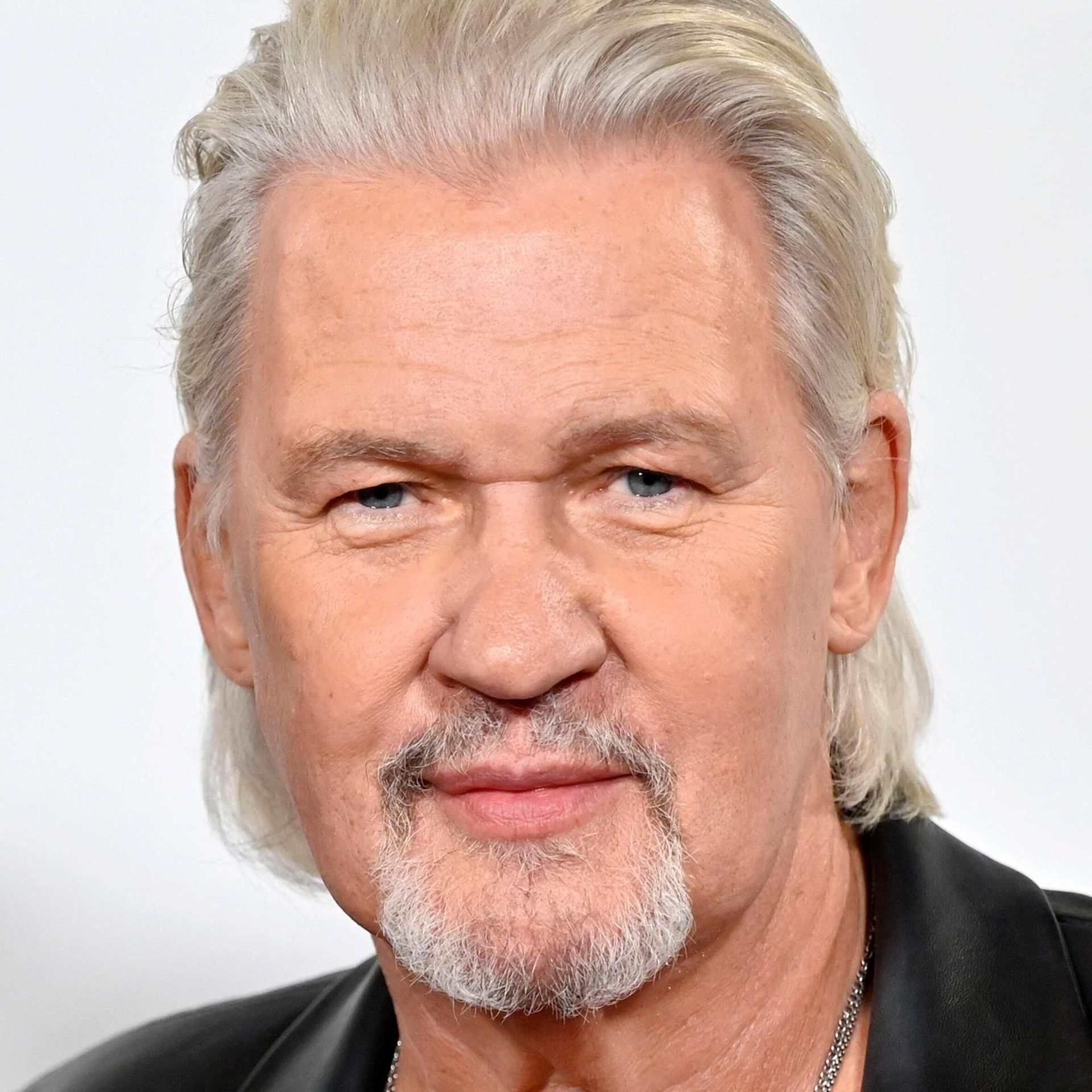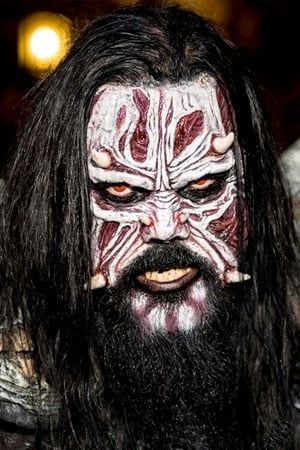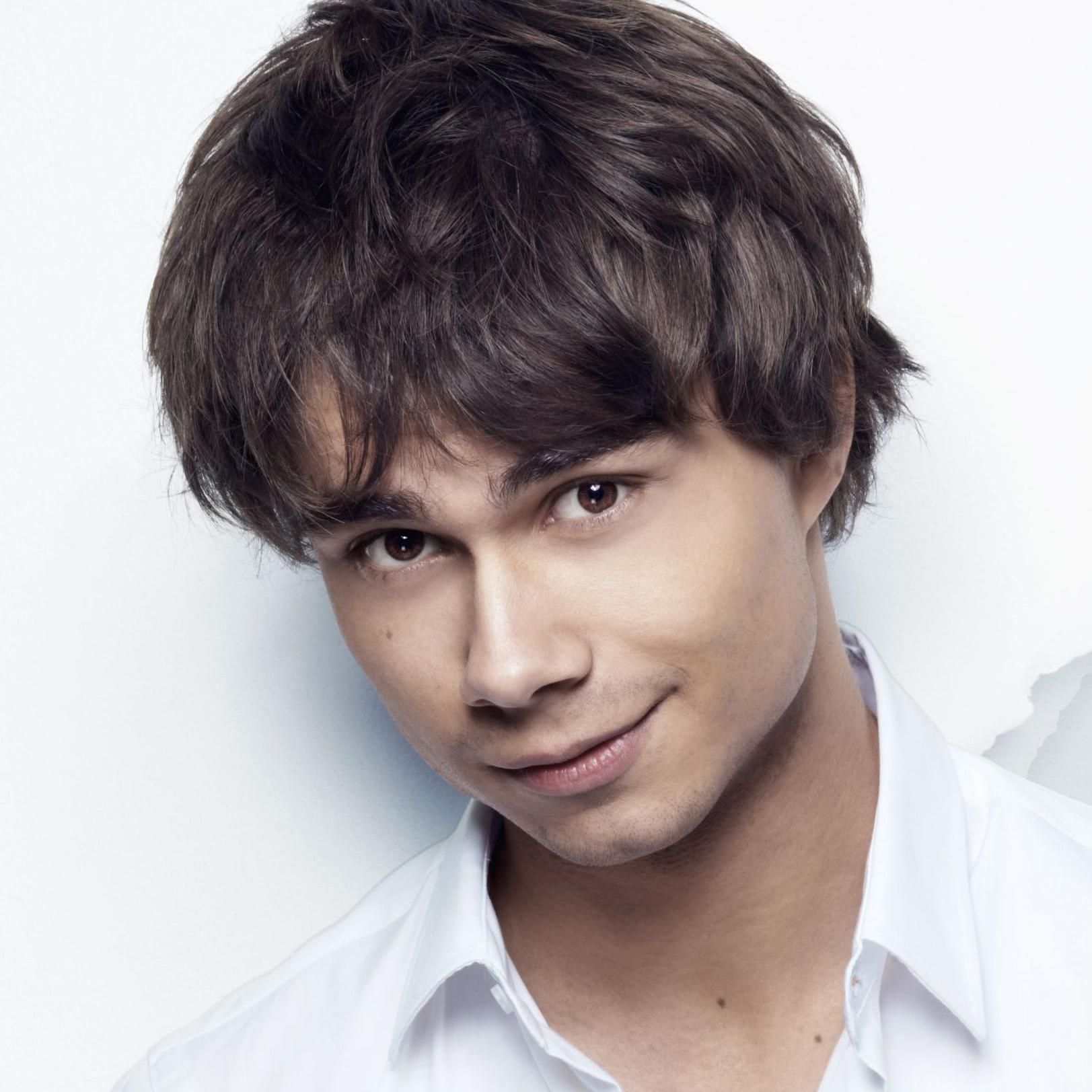

The Secret History of Eurovision
Directed by Stephen Oliver2011 1h 44mDocumentary, History
7.5
A decade after the end of the Second World War, Marcel Besançon, a Swiss exec working for the European Broadcasting Union, had a daring idea. He wanted to stage a live Pan-European singing competition to promote the nascent television services of Western Europe, and bring the divided nations of a war-torn Europe closer together in a shared celebration of music. The first Eurovision Song Contest took place in Lugano, Switzerland, on 24th May 1956. Just seven countries took part (six of whom, significantly, went on to sign the Treaty of Rome and lay the foundations of the European Community) but it was an instant hit and has become an unbroken annual fixture in the life of the continent. But it came to mean even more than that. During the Cold War, the glitz and glamour on the Eurovision stage was seen as a symbol of Western fun and freedom. Only a very few in the Eastern bloc were able or brave enough to risk their lives by tuning in to Finnish TV signals in secret. In recent decades, following the fall of the Iron Curtain and breakup of the Soviet Union and Yugoslavia, new nations have clamoured to take part, injecting new life into the contest and raising the political stakes yet further by seeing it as a rare opportunity to promote their national identity on an international stage. Today, the Eurovision Song Contest is one of the most-watched broadcast events in the world, attracting hundreds of millions of fans across Europe and as far afield as Australasia, Asia and Latin America. Some love it, some laugh at it, some are obsessed by it, but most think of the Eurovision Song Contest as just a great night's entertainment. And yet it has slowly become one of the great popular cultural festivals of our age, a carnival of fun and frivolity that can be taken -- in a certain light -- as a symbol of just how far Europe has travelled since Monsieur Bescancon had his brainwave.
